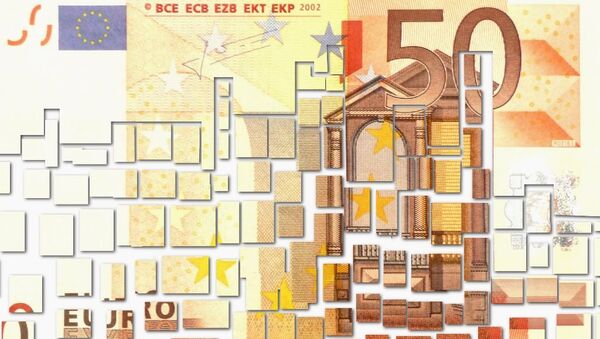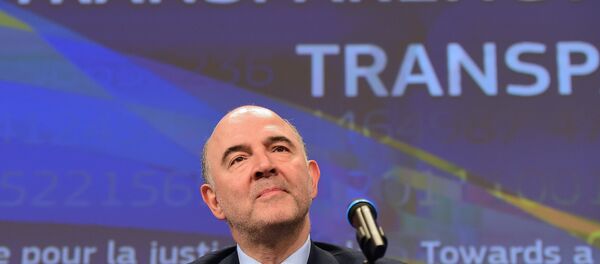It followed investigations by the European Parliament and the European Commission. In January 2016, the European Commission branded the Belgian "excess profit" tax scheme illegal under EU state aid rules and ordered the country to recover the US$760 million unpaid tax from the companies concerned, most of which are major multinationals.
In October 2015, the Commission ruled that Luxembourg and the Netherlands have granted selective tax advantages to Fiat and Starbucks, respectively. The Commission also has three ongoing in-depth investigations into concerns that tax rulings may give rise to state aid issues, concerning Apple in Ireland, Amazon in Luxembourg and McDonald's in Luxembourg.
— Euranet Plus (@EuranetPlus) February 1, 2016
#EPlenary: @pierremoscovici presents decision on Corporate #TaxTransparency Package VIDEO https://t.co/LCngC8xNLWhttps://t.co/fKAqqvaxxX
— EP Audiovisual (@europarlAV) February 2, 2016
"Scandal"
However, the European Confederation of Trade Unions (ETUC) has said the proposals by the Commission are flawed because the plan to make companies declare their profits in each member state will not be made public and tax will be prevented from being transferred to another tax regime only when the difference in corporate tax is more than 40%.
EU tax proposal @pierremoscovici Tax advisors of multinationals will be laughing all the way to their offshore banks https://t.co/2jkj7WnzcJ
— EUROPEAN TRADE UNION (@etuc_ces) January 28, 2016
Veronica Nilsson, ETUC Deputy General Secretary said:
"This is a crackdown on tax avoidance with giant loopholes. The Commission has acted on tax avoidance after a scandal was revealed by investigative journalism, and the public were outraged. So the Commission wants to be seen to act, while closing the door on any more embarrassing revelations. The tax advisers of the multinationals will be laughing all the way to their offshore banks."
Earlier this week, Elena Gaita, Policy Officer on Corporate Transparency at Transparency International said: "The Commission’s proposal only deals with part of the problem. Multinationals’ financial information will be provided just to tax authorities while citizens, journalists and policy-makers will still be kept in the dark. Citizens have a right to know how much companies contribute to the societies they operate in."


